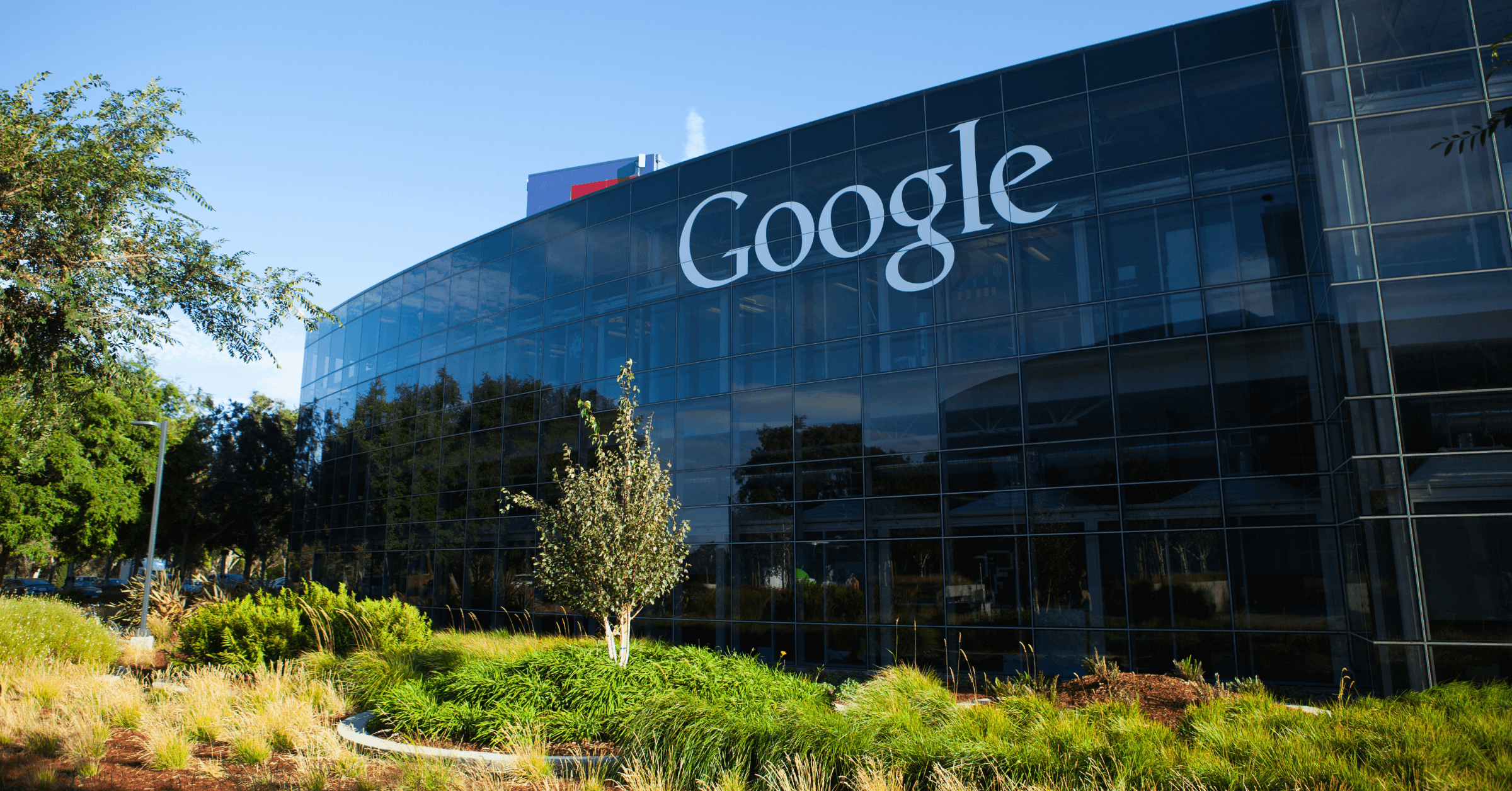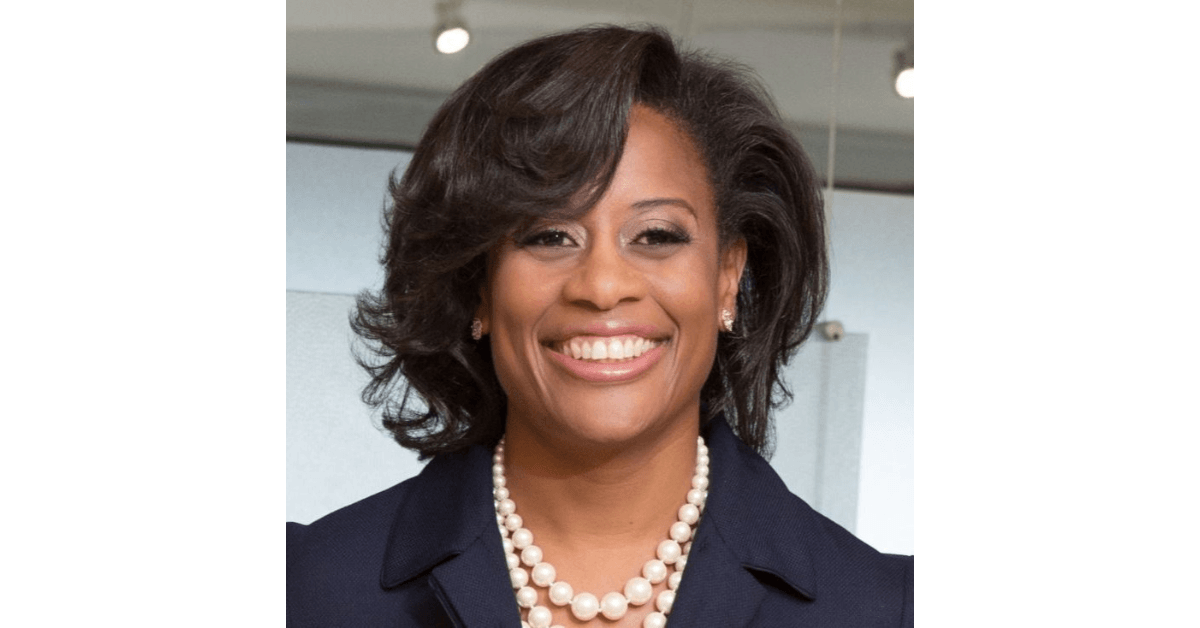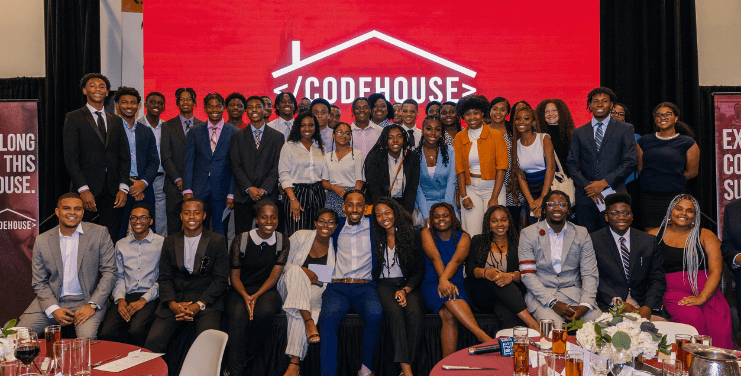After protests swept the nation in the wake of the murder of George Floyd, many tech companies were compelled to speak out in support of the Black community. However, this opened the door for the workplaces of those tech companies to come under scrutiny.
Making a statement alone was not sufficient anti-racist action for most people. In response to these companies, many Black people spoke out about their experiences with racism, which has long haunted the Silicon Valley workplace. Several Twitter threads and articles telling stories of workplace discrimination and microaggressions went viral in response.
For Black people, stereotyping, having others take credit for their work, and public humiliation are part of the job.
Christina Beckford, a software engineer, echoed these complaints. She spoke about her experience with a past employer, and how the workplace environment seemed steeped in racial division.
“Every single time I walked past the hallway with six framed photos of the company leadership, which were all white individuals, I knew deep down I couldn’t ever be in the top-level leadership because it’s so exclusive,” she said.
Her experience is not unique, and it has lasting effects on both employees and companies. In a 2019 survey of startup founders and employees by First Round Capital, employees who don’t believe their company is prioritizing diversity are three times as likely to leave that company within a year. Eighty percent of founders also believe that having some form of diversity and inclusion principles will have a direct positive impact on their company. However, less than a quarter of startups say they have formal diversity and inclusion plans.
In response to this recent wave of protests, some companies have heeded the calls to look internally. These actions have varied. For instance, Airbnb simply sent out a guide to anti-racism to its employees.
Meanwhile, Zendesk has revamped its diversity and inclusion standards entirely. This involves mandating diversity education for all employees at the managerial level or above, listening more closely to employee complaints, and investing in diversity initiatives worldwide.
Many companies chose to highlight changes in specific areas of company policy that fall under the umbrella of diversity and inclusion. Reflektive and Hudl, among other companies, committed to more diverse hiring practices. Compared to the many tech companies making a one-time donation to organizations supporting Black communities, committing to better diversity and inclusion principles seems like progress.
Diversity and inclusion principles may not be the silver bullet for racism in tech companies, though. In our recent survey of over 200 major tech companies that made statements in support of racial justice, we found that less than 45% of those companies publicly reported employee racial demographics. Out of those who did provide diversity data, more than 80% had fewer than 1 in 10 employees who are Black. And many of these companies had stated diversity principles prior to the beginning of the protests.
Still, these changes are a step forward for Silicon Valley. Beckford said she was just happy that her company started to address the issue of racism in the industry.
“The only time I have seen companies mitigate workplace racism was after George Floyd passed away,” Beckford said. “My company declared Juneteenth as a company holiday from this point forward to celebrate diversity.”








